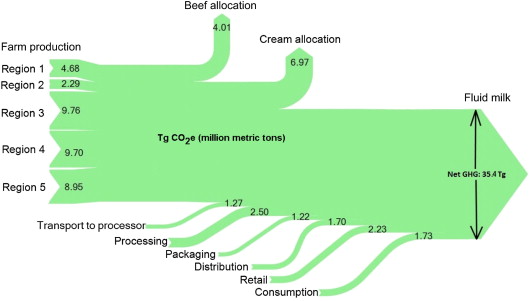International Economics, Volume 134, August 2013
The economic crises seems blinding the governments and major economic actors toward environmental troubles. Nevertheless, the impacts of population growth and economic expansion have now the potential to disrupt important regulatory functions of global ecological systems. Green growth involves transforming the production and consumption processes in order to maintain or restore these regulatory functions of the planet's natural capital. It requires that environmental facto rs be treated as an essential factor of production and not merely an externality.

